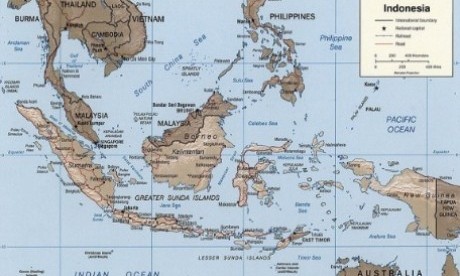Members of regional parliaments are increasingly alarmed at the continuing violence in the Indonesian Papuan provinces and at the seeming inability of the Indonesian Government to administer these territories without a large military presence. The refusal of permission for journalists and many aid workers to enter the provinces is a growing cause of concern.
On Tuesday 28 February the Australia-Pacific chapter of International Parliamentarians for West Papua (IPWP) was launched at Parliament House, hosted by the Greens and attended by some parliamentarians. It is worrying that acting Minister for Foreign Affairs Craig Emerson told Labor MPs not to attend (a rightly ignored by some of the more lion-hearted, including Laurie Ferguson).
That the Greens organised the meeting and that Labor recognises West Papua as an integral part of the Indonesian Republic are not sufficient reasons to expect Australian MPs to ignore the serious human rights abuses on our doorstep.
Letters to our Government by frustrated Australians are answered for the most part by reminders that we recognise the territorial sovereignty of Indonesia, that internal security is a matter for the Indonesians themselves, that the situation in West Papua and Papua is improving, that Australia is dedicated to the promotion of human rights everywhere and that we continue to train the Indonesian military because they are our partners in the region and we help to raise their standards.
This official line fits the Australian-Indonesian partnership, but ignores the Papuan people. The rights of nation-states are not absolute, and where there is engagement in systematic maltreatment of people, no matter where, the rest of the world has an obligation to protest.
There is noble rhetoric in claims that Australia condemns human rights abuses and urges investigation of them. But this is not the experience of the Australian-East Timor relationship.
The previous Australian Government dismissed the findings of the 2005 CAVR Report on the crimes against humanity in East Timor as containing ‘errors’ (read: accusations against Australia). Official Australian comment on this very large human rights document thereby evaporated, and the recommendations concerning Australia have languished ever since. Read more
Sources
- Sr Susan Connelly in Eureka Street
- Image: A K Rockefeller
